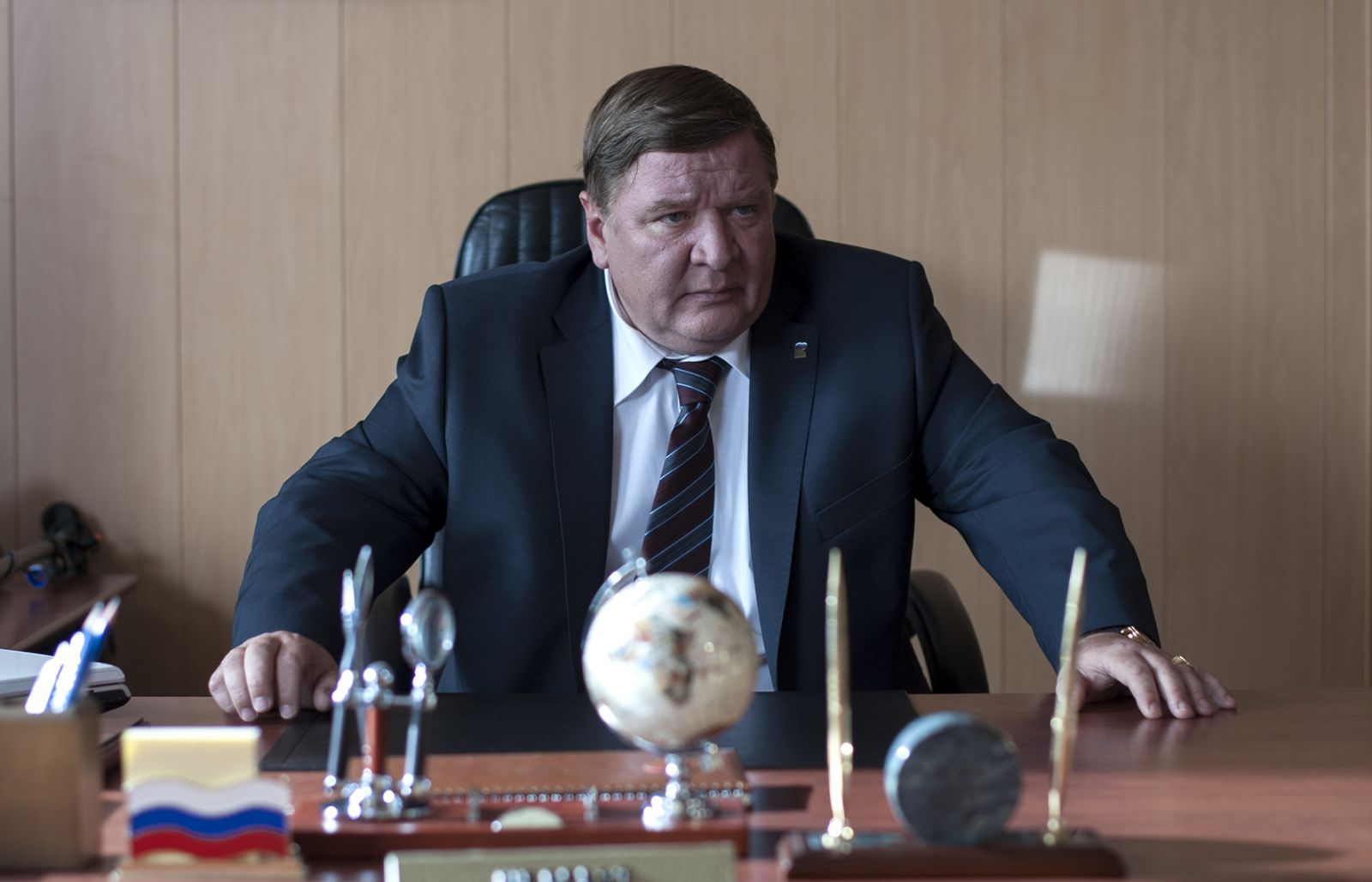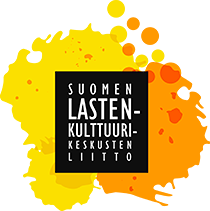Corruption

Russian law defines corruption as the abuse of official position, bribery, bribe taking, commercial bribery, or other illegal use of person’s official position, which contradicts with the legitimate interests of the society and the state, in order to obtain benefits in the form of money, valuables, property, or property services for themselves or for third parties.
In the Corruption Perceptions Index, published by Transparency International in 2015, Russia ranked 119 along with Azerbaijan, Guyana, and Sierra Leone. In the 2008 report on corruption by Russian office of Transparency International it said that corruption in Russia is a threat that inflects the political, institutional, economical, judicial, law, and educational spheres, as well as spheres of social protection, health, and seriously undermines the very statehood of Russia. A notable drop in this ranking for Russia happened at the beginning of Vladimir Putin's second term as a president; a drop of 36 places in only one year (from 90th place to 126th). An equally pessimistic picture emerges from the estimates of the average size of bribes, which have substantially increased over the last decade.
Vladimir Rimskii’s “Bribery as a Norm for Citizens Settling Problems in Government and Budget-Funded Organizations” describes the results of a study that shows that bribery in Russia draws support from a system of norms and values deeply rooted in Russian society. Corruption has become such an entrenched part of the system that most people offering bribes do so without being asked, and a sizable majority knows the appropriate amount to give in particular situations. One of the deep-rooted forms of corruption in modern Russia is the employment of relatives of officials of all ranks to structures with a high level of income. For example, a former mayor of Moscow, Yuri Luzhkov, funded dozens of new apartment complexes, shopping centers, and skyscrapers, many of which were built by the construction company owned by his wife, Yelena Baturina, Russia’s only female billionaire.
One of the last major corruption scandals in Russia was an investigation made by Alexey Navalny’s Anti-Corruption Foundation (FBK) about the family business of the current Prosecutor General Yuri Chaika. In December 1st 2015, FBK uploaded a short investigative documentary film on YouTube, which was watched almost 5 million times. The film claims that Mr. Chaika’s two sons, Artem and Igor, have used their father’s connections to build an enormous business empire, including luxury properties in Greece and Switzerland, which may have been acquired illegally. Despite the evidence presented in the film, Secretary to the President, Dmitry Peskov, said that the investigation has not led to any interest in the Kremlin. Yuri Chaika claimed that the film was masterminded by the United States security services and contains false information.
Link to watch the documentary in English
For discussion
-
How is corruption showed in Leviathan?
-
Analyze the behavior of the mayor after the conversation with Dmitriy.
- What role does the church and religion play in local corruption?
Exercise
Divide students into groups and ask them to prepare a presentation about a corruption scandal in modern Russia. What kind of a scandal was it? Who was involved in it? What was the reaction of the public and the officials? Was there any reaction from the foreign press? How did the scandal end and what was the result of it? Based on the presentations, discuss about the causes of large-scale corruption crises in Russia, and possible ways out of them.





